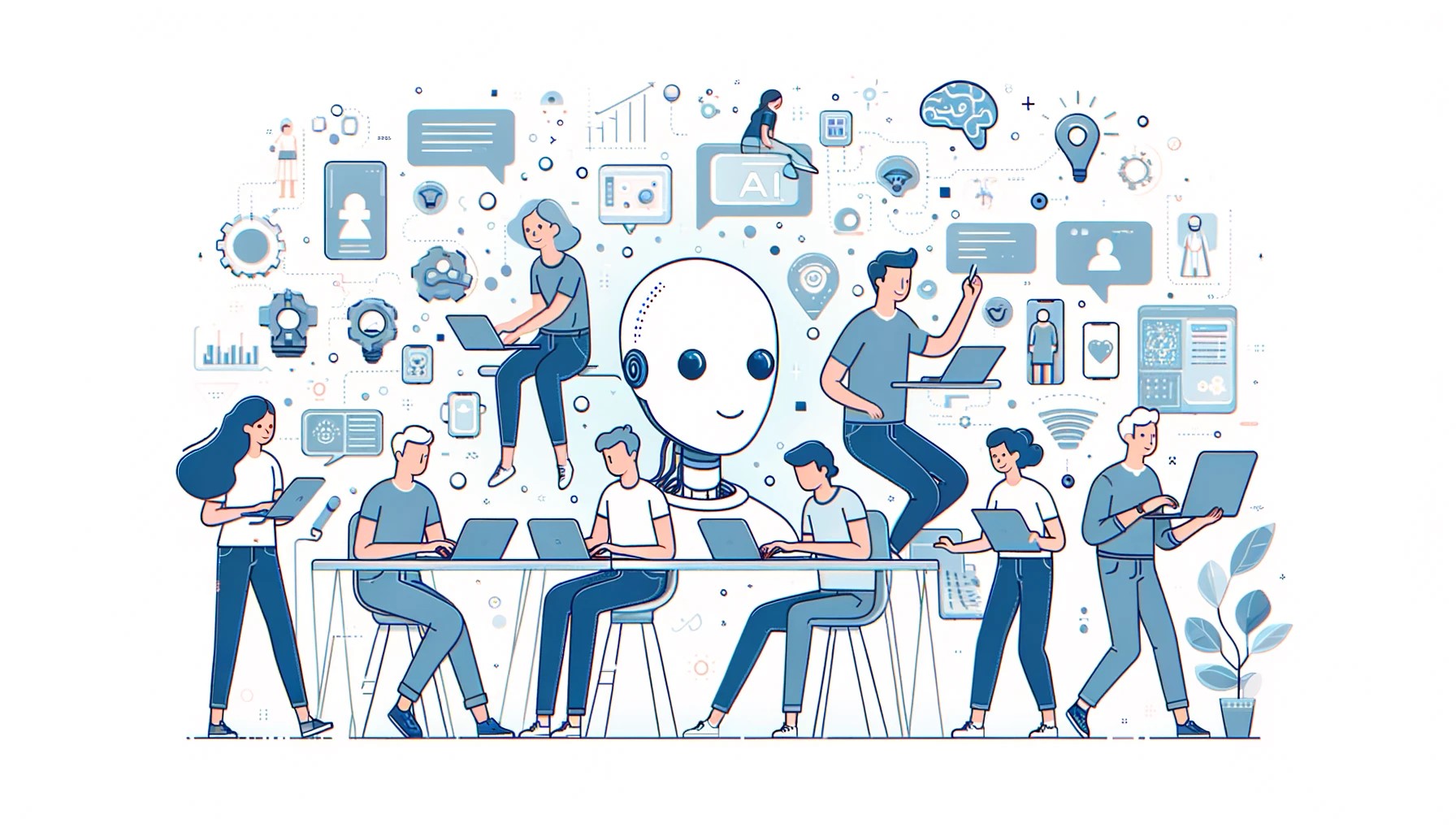/
We hosted an AI Hackathon, here’s how it went
You’d have to live under a rock to not be curious (or cautious) about artificial intelligence (AI) in 2024. In organisational transformation, the integration of AI has become a central and unavoidable theme. For over a year, Australian companies across all industries have had to face discussions online and in offices around topics such as the potential of AI-driven organisations, which tasks could be automated, and the overall implications (good and bad) for the workforce. One question stands out amid these conversations: How can organisations foster an AI culture within their ranks?
A few years ago, similar debates occurred for data science applications. At the time, organisations wondered how they could best implement more advanced data-driven solutions and empower their workforce in that change. Reflecting on those discussions, it’s clear that innovation thrives on creativity, experience, and collaboration. Hackathons, renowned for bringing people together to devise innovative solutions, present a prime opportunity to instigate cultural shifts and collective learning.
To tackle the topic of AI head-on collaboratively, and to ignite staff curiosity about AI through exploring its diverse applications, we decided to organise a company-wide hackathon. We invited our colleagues from across the organisation to join us – including our evaluators, our operations team, platform developers, and the digital and data team – hoping the event would serve as a catalyst for hands-on learning and collaborative experimentation. For one chaotic half-day, 15 participants were split into teams and gathered in person and online to discuss solving challenges with their creativity, collaboration, and experience.
Setting the stage
Prior to diving into the AI hackathon challenges, participants were encouraged to share their perspectives and current AI applications. This, as expected, revealed a spectrum of views. Some expressed valid philosophical concerns about AI’s impact on societal norms and its potential to homogenise content:
“I have a deep distrust of AI and I worry that it’s going to suck all the bright creativity out of our society”,
while others grappled with practical uncertainties around leveraging AI effectively and responsibly
“[I would like to learn more about] privacy, IP, reliability, potential wider social and political implications of using AI.”
One common point among everyone was curiosity:
“I would like to learn more about how to make the best use of AI, AI applicability, and existing AI tools relevant to our work.”
The hackathon organisers had carefully crafted a comprehensive range of resources to equip the participants for the tasks ahead, and everyone was split into teams. The stage was set for a half-day of exploration and innovation. The hackathon was divided into three distinct phases, or challenges – a speed evaluation challenge, a blue-sky brainstorming session, and an ethical consideration exercise. The hackathon unfolded over the course of a few hours of exploration, learning and discussions, culminating in presentations to a panel of judges.
But this event was not only a way to learn and to come up with new ideas; it was the opportunity to learn from each other about our approaches to problem-solving, views on AI applications, and simply collaborating with colleagues we might not always have the chance to work with:
Our takeaways
So, what did we learn? How do we plan to go forward? We were able to chat openly about the risks and the opportunities of AI. We shared our doubts, fears, and excitement about something that will probably change work forever. While there is still a lot of work to do in understanding how we want to best leverage this powerful tool, we agreed on one key element.
“AI applications still need a human in the process of sense-making. It’s not going to do your job.”
While it can automate and facilitate some tasks, there are still a lot of uncertainties about good AI practices and how that new way of working will happen. To us, one of (if not the most) important considerations is to keep everyone involved and engaged through this organisational learning process, as collaboration and common learning will be key to the success of our AI pathway.
What is next?
With this hackathon, Clear Horizon learned a lot about the potential of innovative collaboration for AI applications, as well as the numerous unknowns we still need to answer. This hackathon made us realise we need a clear position and vision on AI that aligns with our identity: people, place, and planet first. We hope 2024 will bring more ways to innovative, ethical, and inclusive AI applications and, most importantly, keep our values at the heart of change.
Has your company or team incorporated AI into everyday work?
How did you go about making sure you brought the whole team along on the learning journey, and you didn’t jeopardise data safety, quality, and integrity? If you’d like to host your own team hackathon and would like to learn more about how we brought ours to life, don’t hesitate to reach out to learn more.






